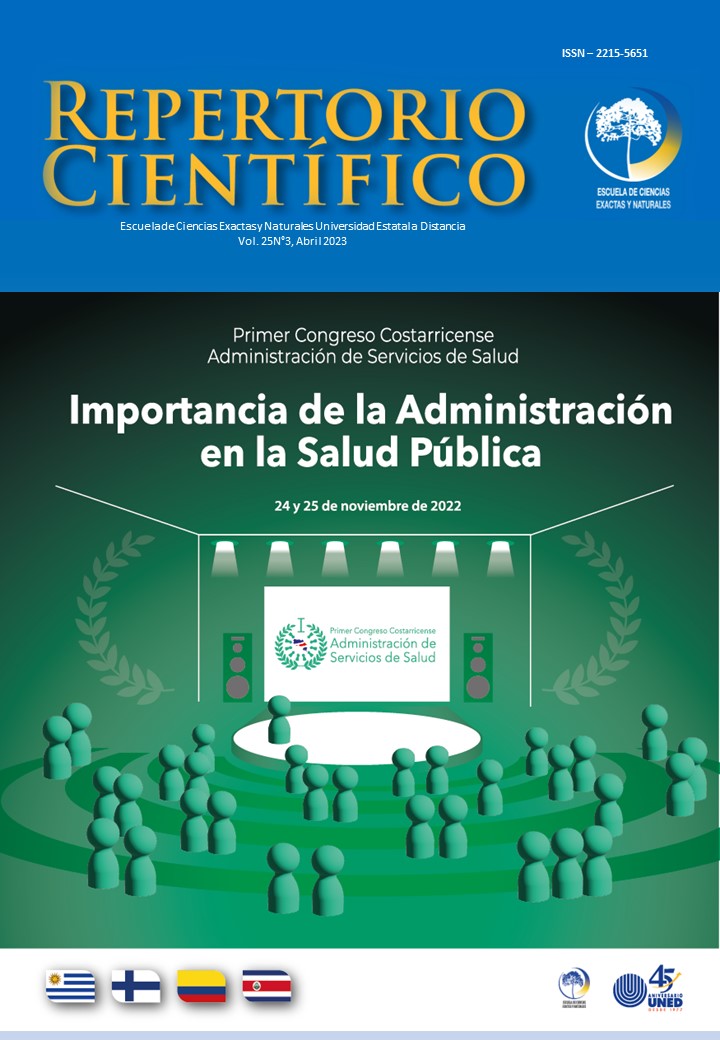Strengths and weaknesses in management competencies of social and health care managers
Palabras clave:
management competencies, management theory, development of management competence., social- and health care management,Resumen
Introduction: Management competencies and their developing are now, in Finland, more actual than they have been earlier. It is because Finland is currently facing a major health and social services reform; so, managers have to be able to succeed the development of a new organization, and they need to involve and support staff in the change process. In addition to managing, the development of a new organization, managers must be able to involve and support employees in change. In change managing, managers communication competencies are relevant and important for guiding and engaging employees. Objective: The aim of this study was to investigate the management competencies of managers and supervisors in the social and health care sector, in North Savo, before the reform of the health and social services. Methods: The study was conducted as a Webropol survey among managers of 13 different organizations in the North Savo region, Finland. The participant managers answered questions about their own situation and rated their competences on a Likert scale. The results were analyzed using statistical methods. Results: Almost 20% of the respondents were over 60 years old. Nearly, all respondents had studied management in addition to their degree. Preliminary results showed that 32% of the managers had not consciously chosen the management method they used. Among those managers who had consciously chosen a management method, 26% had chosen coaching management, 11% had chosen leading with knowledge and 7% had chosen positive management. 10% of respondents were using more than one management method. The results showed that the weakest areas of management competencies were quality assessment related to quality programs, business competencies, service chain design, and interdisciplinary collaboration. On the other hand, relationship building, dealing with conflict situations, professional competencies and substantive competencies of employees were the greatest strengths. Conclusions: The identified weaknesses in the study represent important areas for improvement.
Citas
Finnish Institute for Health and Welfare. (2021). Toimintamalleja ja menetelmiä työn tueksi. Retrieved from https://innokyla.fi/fi/toimintamalleja-ja-menetelmia-tyon-tueksi
The Government of Finland. (2021). Health and social services reform. Retrieved from https://soteuudistus.fi/
Kantanen, K. (2017). Municipal sector nursing managers' management and leadership competence and the changes in it. (Doctoral thesis). Tampere University, Tampere, Finland.
Kuopio University Hospital. (2022). Ammattilaisten yliopistosairaala. Retrieved from https://www.psshp.fi/ammattilaiset/ammattilaisten-yliopistosairaala
Pihlainen, V. (2020). Experts’ perceptions of the present state of management and leadership competence and future directions in Finnish hospitals by 2030. (Doctoral thesis). University of Eastern Finland, Kuopio, Finland.
Rissanen, S. & Lammintakainen, J. (2011). Sosiaali- ja terveysjohtaminen. Helsinki: WSOYpro Oy.
Soback, D. (2021). Valmentava johtajuus. Tallinna: BasamBooks Oy.
Virtanen, P. & Stenvall, J. (2019) Julkinen johtaminen. Helsinki: Tietosanoma Oy.
Vuorinen, R. (2008). Muutosjohtaminen suomalaisessa yliopistosairaalassa osastonhoitajien ja sairaanhoitajien arvioimana. (Doctoral thesis). Tampere University, Tampere, Finland.



